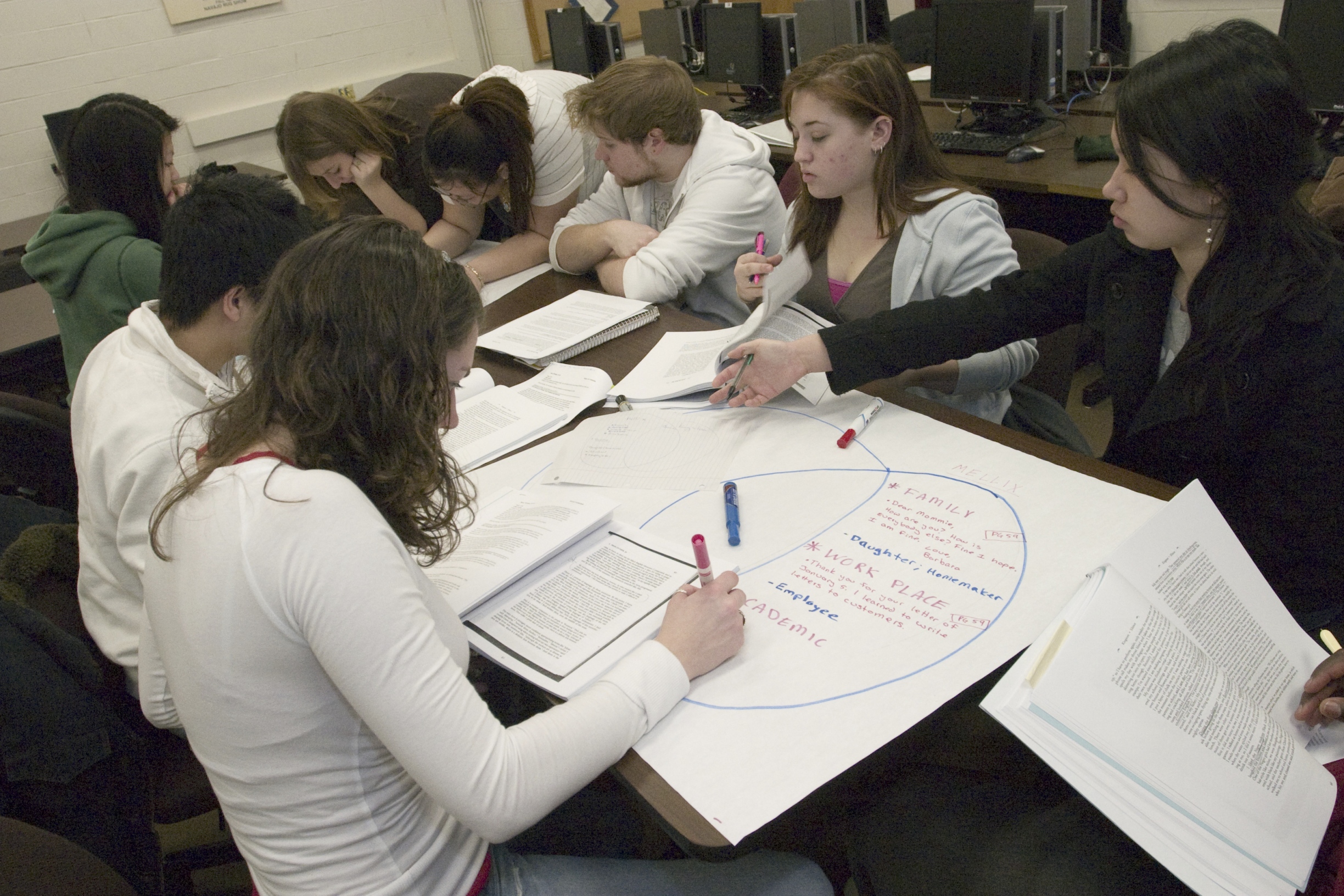
The
The CCCC (known as the Four Cs), the largest national organization of writing teachers and writing program administrators, will present UMass, Washington State University and North Carolina State with the award at its annual meeting in San Francisco from March 11 to 14.
According to the CCCC’s website, the award was established in 2004 and recognizes programs that have conducted research that serves similar programs at other institutions, uses practices and materials that lead to desirable learning and provides valuable and valued community services, among other characteristics.
‘This is the highest honor given nationally to writing programs,’ said associate English professor David Fleming, the director of the UMass Writing Program since 2007. ‘For such a large research University, we’re really very proud to have this kind of coherent attention to writing throughout the students’ career here at UMass and across the disciplines.’
Fleming said he will receive the award in San Francisco on March 13.
Writing programs wishing to win the honor must go through an application process. Fleming said the UMass program applied for the award in August and was notified Jan. 29 that it had been selected.
‘I think it kind of puts us in the top tier of writing programs in the country,’ said Fleming. ‘We’ve always been there, but I think this is kind of a stamp of approval by our national organization and I think it not only gets us great publicity across the country ‘- we can attract better graduate students to the Ph.D. program in the English department that focuses on the study of writing ‘- but I think it attracts good teachers here.’
Haivan Hoang, an English professor and director of the Writing Center located in the Learning Commons of the W.E.B. Du Bois Library, said the award pays homage to all those who have contributed to the UMass Writing Program since it was formed in 1982.
‘It rewards the kinds of work that all the past directors of the writing program have put into supporting both teachers of college writing as well as the students who are in the classrooms of those teachers,’ she said.
The Writing Center’s assistant director, Chris DiBiase, is a second-year doctorate student concentrating on composition and rhetoric and he said the UMass Writing Program is one of the most supportive ones he has seen.
He said that administrators take the time to show graduate students, who teach many of the classes, different methods of teaching in addition to helping them outside of the classroom.
‘I’m very proud to be associated with a program of this quality,’ he said. ‘I’ve always kind of believed in the strength of the program, which is one of the reasons I chose to come over to UMass and I think the recognition is well deserved.’
About 100 graduate student teaching associates work in the program and teach first-year classes. The program receives more than 100 applications each year from graduate students wanting to join its teaching staff, but can offer new positions to only about a quarter of them.
Hoang said all writing teachers are given an intensive orientation before they begin teaching. In sessions that meet about once a week, teachers discuss teaching strategies, ideas and concerns all for the purpose of helping the teachers’ professional development.
‘All of this, in turn, helps students,’ she said, adding that the strength of the support that is offered to teachers is one of the reasons she took the job as the Writing Center’s director.
Fleming said the UMass Writing Program is made up of three parts ‘- first-year writing, junior-year writing and the Writing Center.
The first-year writing course is required of all UMass freshmen. According to Fleming, the class, taken each year by more than 4,000 students in about 200 sections, teaches students the basics of writing and composition.
Once students have decided on a major, they must take a junior-year writing course.
‘What’s really cool with the junior writing program is that it’s very tailored to what you might need with your major,’ said Joan DeGeorge, a junior-year wri
ting teaching assistant and graduate student pursing her doctorate in clinical psychology.
‘Within psychology, there’s a pretty wide range, so we cover things like how to send an appropriate e-mail ‘- the kind of writing we do a lot but that we don’t really consider writing ‘- and ways to make that very effective, up to your typical term paper with appropriately cited references and research and things like that. And we do a lot of things in between.’
Domenic Poli can be reached at [email protected].






